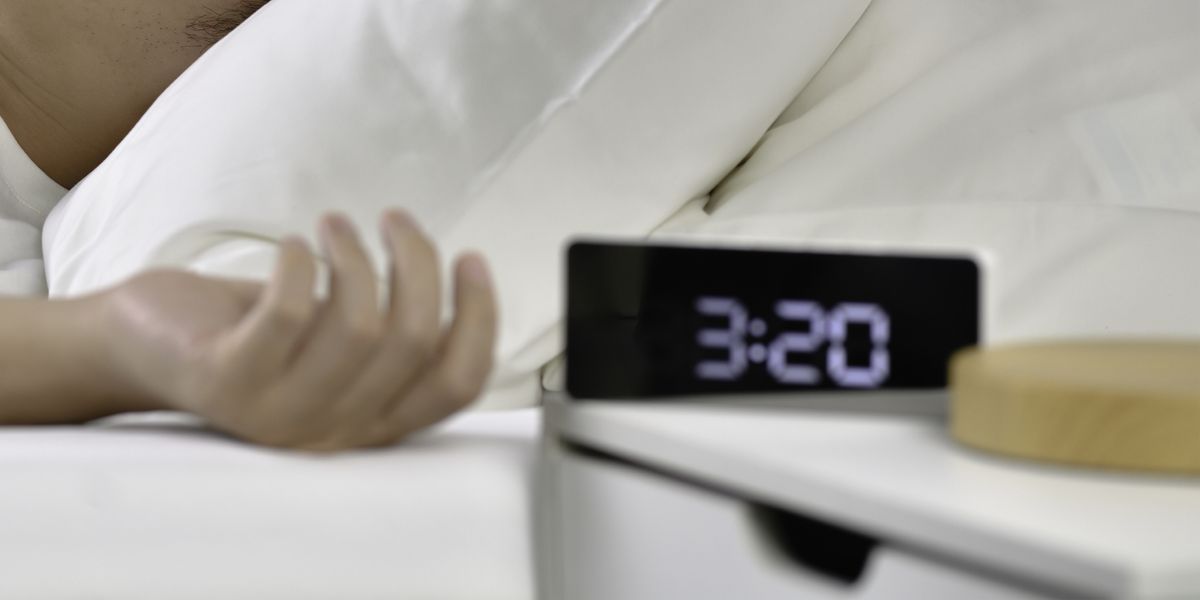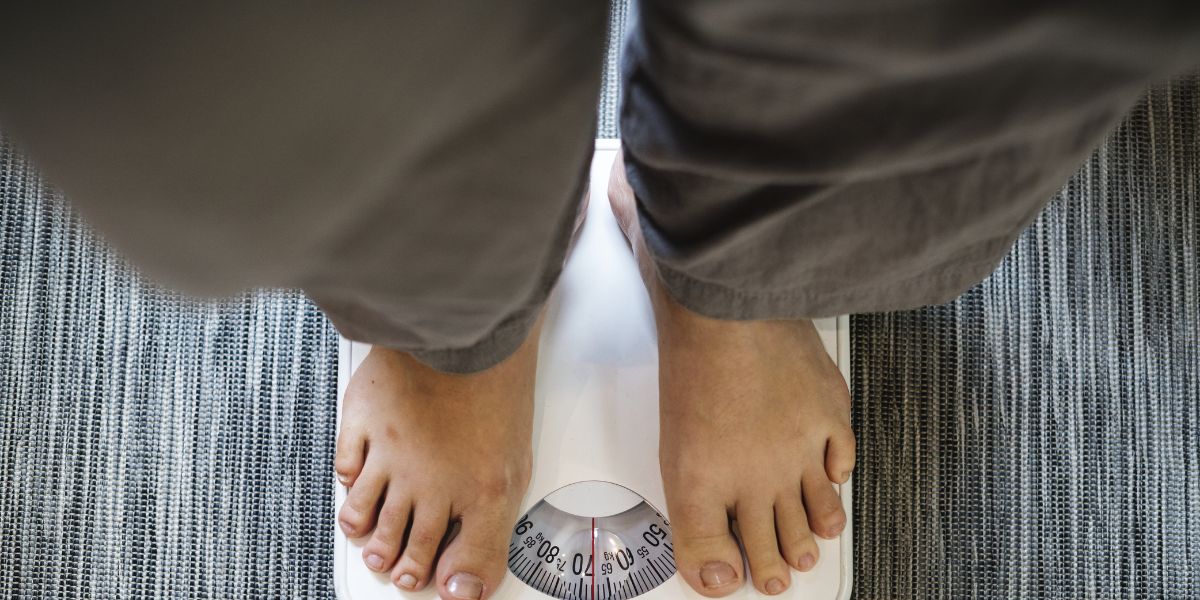A new study has found there is no link between switching to daylight savings time and heart attack incidence.
In what is thought to be the largest analysis of this possible link, researchers debunked previous findings that suggested there are short-lived increases in heart attack incidence after the clocks change in spring.
In the US, clocks go forward by one hour on the second Sunday of March. On the first Sunday of November, they go back again.
The link between poor sleep and greater risk of heart attack is well known.
- Turmeric can help people with type 2 diabetes lose weight
- SGLT-2 inhibitors to become first-choice treatments for type 2 diabetes
- Dementia risk lowered by type 2 diabetes drug
Research by the Duke Clinical Research Institute set out to determine whether heart attack incidence is greater during the week of daylight savings time or the week after, comparing hospital clinical events between the week before and the week after.
The team examined data from just over 168,000 patients across 1,124 hospitals from 2013 to 2022. The median age of patients was 65, with women making up 33.8% of the group.
For the two seasonal clock changes, they recorded the following heart attack incidence:
- Spring clock-change week: 28,678; 28,596 in the prior week; 28,169 in the following week
- Fall clock-change week: 27,942; 27,365 the week before; 28,120 the week after.
There was little difference seen in in-hospital death from heart attack and similarly, there were no significant differences seen in stroke outcomes.
The authors concluded: “These findings suggest that that there is no significant association between daylight saving times and the incidence and outcomes of patients presenting with myocardial infarction [heart attack].”
Read more in JAMA Network Open




